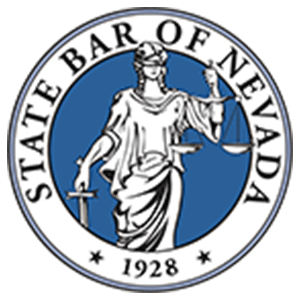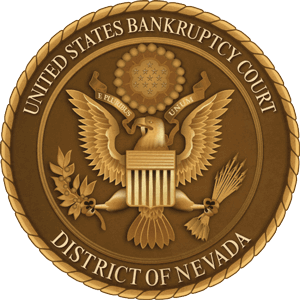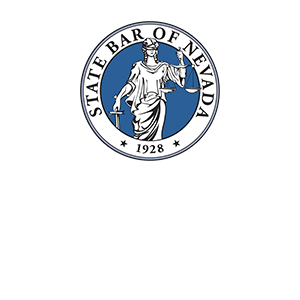Nevada has some awesome laws to protect assets from creditors, even from creditors having a court order. These laws, called exemption laws, are generous compared to other states. But the interpretation of these laws is narrow, making it easy to lose these rights unless you carefully follow complex legal procedures.
What if I own something that isn’t protected?
When the laws don’t protect an asset, some people may still wish to prevent creditors from taking their property. However, taking such action can be dangerous. If someone acts without legal advice, they may inadvertently cross the line and commit a crime. Lawyers often say, “never trade a debt for a felony.” Always ask for advice before acting. Your great idea is probably not original and could land you in prison.
What gives a creditor the right to take my property (wage garnishment, bank account attachment, or seizing other assets)?
Most of the time, to take your property, a creditor must have a court judgment. The creditor had to sue you and win to get a court judgment. By winning, the creditor gets a court order which lets the creditor tell law enforcement officers to seize your property. The party possessing the property has no say and must turn it over to law enforcement. To receive protect assets from creditors using exemption laws, you must actively claim these rights.\
How can Creditors take My Property without suing me?
Some debts are “special,” and these creditors can take your property without a court order. You cannot even protect assets from creditors “special debts” using Nevada exemption laws. While this situation is unusual, when it happens, the consequences can be catastrophic. Examples of these “special debts” include:
Financing property. Your mortgage, a vehicle loan, or a loan obtained “against your property,” such as a title loan or second mortgage, are typical examples of this type of debt.
Bank or credit union debts to an institution where you have an account. The terms in your account agreement may often allow the creditor to take money directly out of your account. As a result, these creditors don’t need a court order to take your money, and protect assets from creditors laws do not apply.
Homeowners Association dues. A Homeowners association or HOA can foreclose on your property without any court involvement through laws called “super-priority.”
Child support or alimony. A debt for child support or alimony comes from an underlying court order. Therefore, it may be unnecessary to have additional court proceedings to garnish your wages or intercept your pension or social security benefits.
Markers to a Nevada casino. Gamblers can obtain casino credit with a “marker.” A marker is the same as writing a check. Since writing a bad check is a crime, failing to pay a marker to a Nevada casino is also a crime.
Tax Debts. There is a reason people fear the IRS. While the IRS collection process is slow, once it moves, state exemption laws don’t stop it. The IRS can place a lien on your home, tow your car, clean your bank account, and intercept your pension or social security check. If someone has a tax debt, whether to the IRS or any state government, there are no limits to what property the tax authority can take. Tax authorities do not need a court order to seize your property. Clearly, you need legal representation to protect assets from creditors and tax debt.
Conclusion
Protect assets from creditors laws are vital in deciding the best way to solve debt problems. Exemption laws also determine what type of Debt Solutions. Not everyone is eligible to obtain the benefits of the Nevada exemption laws.
But exemption laws are complicated. It is easy to overlook assets that aren’t obvious until a creditor takes them. For example, someone might forget that they own out-of-state or out-of-the-country real estate or investment accounts. In addition, it can be a major catastrophe if someone is on the title to property with a family member or former spouse, as the creditor this property.
The team at Las Vegas Debt Settlement understands the Nevada exemption laws. They will use their knowledge of these laws to protect assets from creditors.




